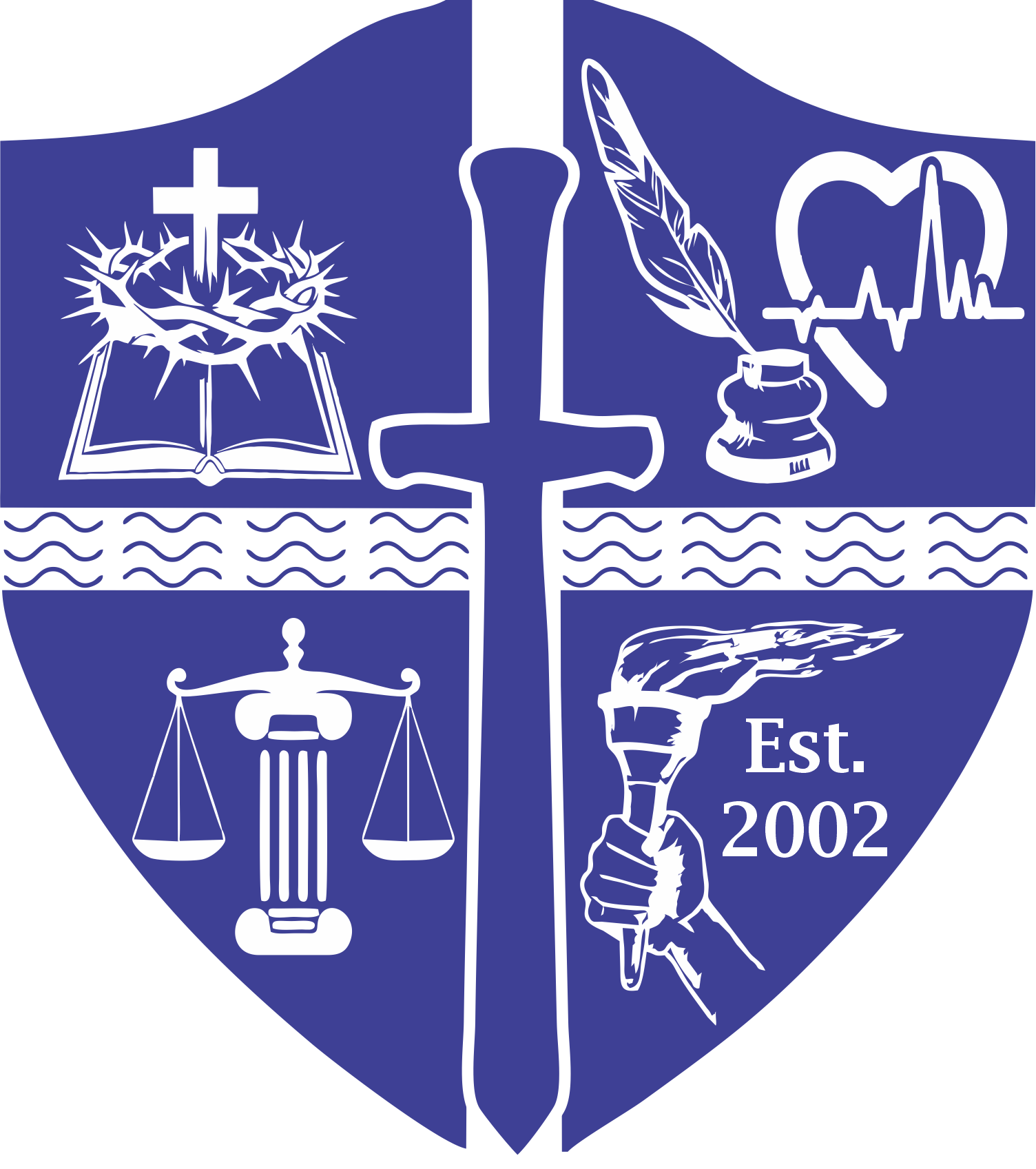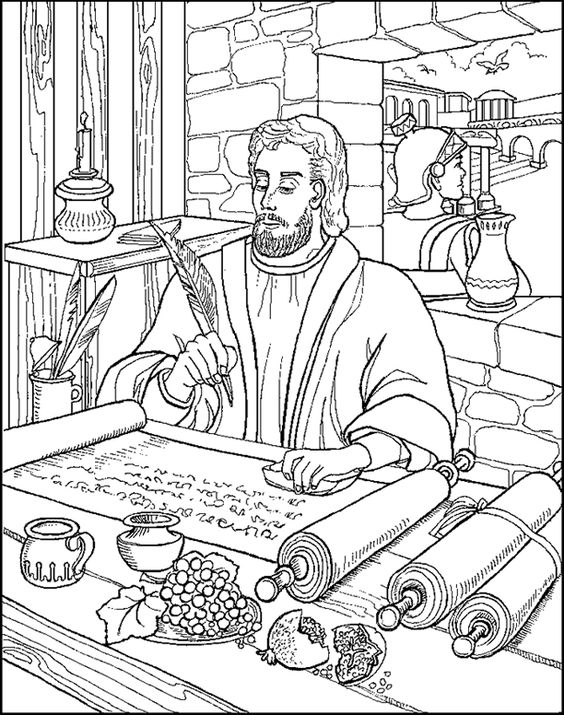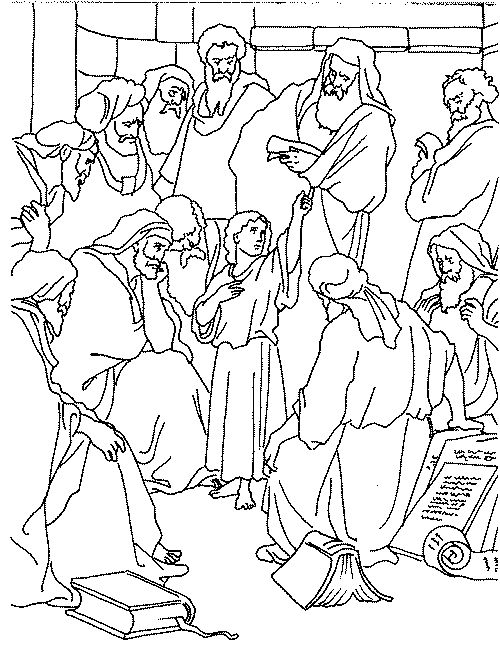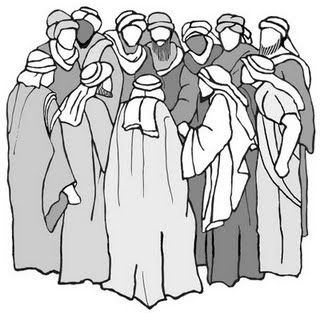This page is under construction! We will be back very soon!
TEAM
THE EVANGELICAL ALLIANCE MINISTRY
A Missionary Movement within the New Covenant Church.
Pogradec, ALBANIA

The Great Commission
16 Then the eleven disciples went to Galilee, to the mountain where Jesus had told them to go. 17 When they saw him, they worshiped him; but some doubted. 18 Then Jesus came to them and said, “All authority in heaven and on earth has been given to me. 19 Therefore go and make disciples of all nations, baptizing them in the name of the Father and of the Son and of the Holy Spirit, 20 and teaching them to obey everything I have commanded you. And surely I am with you always, to the very end of the age.
Matthew 28:16-20
Mission and Goal are to:
Evangelize – Educate – Support
Our mission is to evangelize, educate, and support by proclaiming salvation, encouraging learning, and developing wisdom and knowledge. We aim to help individuals experience freedom in Christ rather than live in bondage.
Our goal is to assist disciples in becoming victorious in their faith and walk with Jesus Christ, enabling them to serve the Kingdom of God and succeed through the Holy Scriptures, inspirational teachings, and sacred guidance.

Missional Institutions
We humbly pray for the following Missional Institutions, that they may effectively touch the hearts and inspire the faith of believers across churches, Christian organizations, and educational institutions. Our hope is that these missional institutions will engage and empower individuals, fostering a deeper understanding of their spiritual journeys and encouraging active participation in their communities. Through their impactful outreach and transformative process, may they cultivate a vibrant network of faith and service, ultimately bringing about growth, renewal and salvation in the body of Christ.
The Trinity (God the Father, Jesus The Sun, and The Holy Spirit)
unites the Church (individuals, families, and all its gatherings)
in Harmony and with Nature
God is Missional
The concept of a “Missional God” suggests that God, by His very nature, is a Missionary Divine who has a purpose and mission for humanity. This understanding reflects that God actively engages in the world with a desire to redeem and restore creation. As such, the idea of being “missional” is linked to the belief that individuals and churches are called to participate in this divine mission, embodying the purpose that God has set forth for them.
Jesus is Missional
Jesus exemplified a missional life by embracing the mission to spread the gospel and care for others. His actions were characterized by being sent to reach people, led by the Holy Spirit, and demonstrating obedience to God’s will. Following Jesus involves adopting this missional mindset and actively participating in evangelism and compassion.
Holy Spirit is Missional
The ultimate missional role of the Holy Spirit is to make Jesus Christ known to the world and his saving power through his death and resurrection. The Holy Spirit is seen as the continuing presence of Christ, and his agent to fulfil the task of mission. The Holy Spirit is considered missional in that it empowers and directs the church’s mission among the nations, as reflected in the book of Acts. This role includes inspiring and sanctifying believers, as well as guiding their outreach efforts, as seen in the Apostle Paul’s ministry, which was deeply influenced by the Holy Spirit.
Church is Missional
The concept of a missional church refers to the understanding that the church (the individuals by the reborn man, and the family) is inherently missionary in nature, reflecting the mission of God. It emphasizes that both Jesus (the head of the church) and the church (the body of Christ) are engaged in reaching out to the community, engaging with culture, and sharing the gospel in relatable ways. This perspective encourages churches to actively participate in their local contexts, share the Act of Jesus and retell cultural stories through the lens of the gospel. The church’s source and identity are rooted in the missionary action of God for the world. The church participates in the mission of God, it continues the mission of Christ, and bears the witness of the Spirit.
Nature is Missional
The phrase “Nature is Missional” reflects God’s purposeful intention in creation (the fallen mankind and the fallen nature). It implies that all aspects of nature embody a divine mission, revealing God’s holistic approach to the world. This aligns with the notion that God’s love and justice motivate the creation and redemption of the world, making nature inherently purposeful and reflective of God’s overarching mission toward achieving “A New Creation (mankind and nature) without Sin.”
Our primary focus is to encourage engagement of the Five-Fold Ministry alongside deacons and believers in the Church through our appointed ministers, encompassing our prayers, support, and actions.
The Five-Fold Ministry
The five-fold ministry refers to the roles within the church as outlined in the New Testament, specifically including the Apostle, Prophet, Evangelist, Pastor, and Teacher. This ministry is designed to prepare God’s people for service and to build up the body of Christ until unity is achieved among believers.
Ephesians 4:11
Ephesians 4:12-16 tells us that the purpose of the five-fold ministry is, – 12 to equip the saints for the work of ministry, for building up the body of Christ, 13 until we all attain to the unity of the faith and of the knowledge of the Son of God, to mature manhood, to the measure of the stature of the fullness of Christ, 14 so that we may no longer be children, tossed to and fro by the waves and carried about by every wind of doctrine, by human cunning, by craftiness in deceitful schemes. 15 Rather, speaking the truth in love, we are to grow up in every way into him who is the head, into Christ, 16 from whom the whole body, joined and held together by every joint with which it is equipped, when each part is working properly, makes the body grow so that it builds itself up in love.
Therefore, – that the body of Christ may be built up until we all reach unity in the faith and in the knowledge of the Son of God and become mature, attaining to the whole measure of the fullness of Christ.” So, since the body of Christ definitely is not built up to unity in the faith and has not attained to the whole measure of the fullness of Christ, the thinking goes, the offices of apostle and prophet must still be in effect.
We believe that the church’s functionality relies on the presence of the Five-Fold Ministry to operate effectively and create space for the Holy Spirit among believers including them. The divine authority within the church is bestowed upon its members, who receive anointing, blessings, and protection as they pray and work together, firmly believing in the divine commitments given by Jesus. Divine Authority is bestowed upon Apostles, proclaimed by Prophets, guided by shepherds, taught by educators, and nurtured by deaconesses to serve others, all contributing to the salvation of the Kingdom of God. These interconnected activities equip and fulfill one another, leading to the ultimate presence of God, and the finalization of a new body and earth.
Thus, deacons and believers, alongside the Five-Fold Ministers, constitute the church, the body of Christ.
Biblical and Social Rank Perceptions
The Apostles

Biblical Point of View
- The term ‘apostle’ refers to “one chosen and sent with a message.” Apostles, strong advocates of Sacred Scripture, include the original followers of Jesus Christ and those who came later through miracles and the laying of hands. Matthias was selected to complete the original eleven apostles (Acts 1:12-26), followed later by Apostle Paul, who was “chosen for the task from his mother’s womb.” (Galatians 1:15-16; 2:7-8; Romans 11:13-14).
- They are referred to as “wise master builders” or “spiritual architects” (1 Corinthians 3: 10).
- The 12 apostles chosen by Jesus were witnesses of the resurrection (Acts 1:15; Acts 4: 33)
- There were many other true apostles (Acts 14:3-4; Romans 16:7; 1 Corinthians 15:5-7; Galatians 1:1,19)
- There were also false ones (2 Corinthians 11:13-5; Revelation 2: 2).
- Pioneers of new Churches. (1 Corinthians 9:2; 1 Corinthians 3:6).
- Grounds the Church in truth (Colossians 1:25).
- Bring correction in erroneous ministry, preserve unity in the Body (1 Corinthians 3:3-5).
- Lay foundations in the Church. (1 Corinthians 3:10).
- Father’s new ministries. (2 Timothy 1: 6; 1 Corinthians 4:15).
- A ministry of miracles, signs, and wonders (2 Corinthians 12:12; Acts 2:43).
- A ministry of prayer and the ministry of the Word (Acts 6: 4).
- Laying on of hands for impartation of ministry (Acts 6:6), Imparts spiritual gifts (Romans 1:11)
The Prophets
Prophets Biblical Point of View
- Declare the will of God regarding situations (individually or corporately)
- The ministry of the prophet involves being moved in prophetic utterance, which can be:
– Predictive (Acts 21:10-11; Acts 11:27-28)
– Directive (Acts 13:1-3)
– Corrective (Acts 15:22-23+27+32). - There is such a thing as a false prophet (1 John 4:1). God sets clear guidelines:
– Prophecies should be tested.
– The words of a prophet are judged by church leadership (1 Corinthians14:29)
– Any prophecy should line up with Scripture (2 Peter 1: 19-21).

The Evangelist


Evangelist Biblical Point of View
- Evangelists extend the frontiers of God’s Kingdom.
- They are co-workers with and extensions of apostolic ministry (2 Timothy 4:5; 1 Thessalonians 3: 2).
- They also equip the body of Christ with the evangelistic spirit of outreach.
- All the believers are to be called evangelists.
- Evangelists play a crucial role in spreading the message of salvation and inviting individuals to develop a personal relationship with Jesus Christ.
- They are responsible for preaching the gospel publicly, defending the faith, and providing training for others, as well as engaging in personal, one-on-one discussions with those who have not yet accepted the message of the Kingdom.
- The six styles are Direct, Intellectual, Testimonial, Relational, Invitational, and Service. Every single person has God-given gifts and abilities that fall into one or more of these six approaches. A church community will have all of the styles present.
- The primary purpose of evangelism is to glorify God, and to save souls. We trust God’s work in people’s lives that He, through the Holy Spirit, is the one that is going to move people. The means by which God moves people is through the Scriptures, His will and form His Call.
The Pastor
Pastor Biblical Point of View
- In the Bible, pastors are often referred to as shepherds. This highlights their role in guiding and nurturing the members of the church community.
- Just as a shepherd cares for and protects their flock, pastors are called to care for and lead the people entrusted to their care.
- The Greek word for pastor is ‘poimen’ which means “one who tends sheep or cares for flocks” (1 Peter 5:1-4; John 21:15-17). But this word is used only in Ephesians 4:11. Elsewhere in the New Testament, other words are used: “shepherd”, “elder” and “overseer”.
- As one of the five-fold ministries a “pastor”, “shepherd”, “elder” and/or “overseer” has a special emphasis on relationship networking in the local church and taking care of the personal needs of the flock.
- The call on the life of those with pastoral ministry is to nurture people and community. They’re called to encourage the church inwards.
- We see two models of pastoral ministry – those who nurture by guiding and shepherding, and those who nurture by guarding and protecting. Often, pastors function in both of these models.
- Ezra is an example of a guiding pastor, and the Apostle John is an example of a guarding pastor.
- Pastors, among others ones, have eight distinct strategies they follow. 1) Resourcing the church inwards towards one another, 2) Cultivating a shepherding heart, 3) Developing compassionate guides, 4) Promoting spiritual maturing, 5) Championing family connection, 6) Guarding the people, 7) Facilitating wholeness, 8) Developing communal – church engagements.
- Pastors have a unique dynamic with the four other fivefold ministries.
- They are fundamental in helping us in the essential work of creating pastoral culture in our church.
- The pastors are called to be examples of Christ-like character and integrity, serving as role models for the congregation. By fulfilling their role as shepherds, pastors contribute to the spiritual growth and well-being of the church community.

The Teacher

Teacher Biblical Point of View
- A teacher is an instructor and subject-master.
- The teacher tells or shows the fundamentals or skills of something, causing others to know the facts and consequences of a matter. He or she imparts knowledge (sometimes through special revelation or inspiration).
- Biblical teachers are individuals who have a ministry dedicated to preaching and teaching biblical truths.
- They are often seen as having a divinely-given ability to explain God’s Word clearly and effectively, aiming to instruct and train others in understanding scripture.
- In the Bible, teachers are called to be diligent in their study and understanding of Scripture to accurately instruct others.
- They bear a greater responsibility and will be judged more strictly for their teaching (James 3:1). This involves helping believers understand and apply biblical teachings effectively.
- A Bible teacher plays a crucial role in the church, guiding and instructing the congregation in their spiritual growth.
- They have a deep understanding of the scriptures and are able to effectively communicate their teachings to others.
- In the New Testament, Jesus commands that his disciples make disciples by teaching all that he commanded them (Matthew 28:20).
- According to Paul, the whole church bears this responsibility of teaching one another. “Let the word of Christ dwell in you richly, teaching and admonishing one another” (Colossians 3:16)
- Luke 6:40 says: The student is not above the teacher, but everyone who is fully trained will be like their teacher.
- Proverbs 9:9 says: Instruct the wise and they will be wiser still; teach the righteous and they will add to their learning.
Order of the Five-Fold Ministry

Denoting the order of ministry is not to be understood as the order of importance, just an order of proper operation.
The order in which these ministries operate is very specific:
- Apostles are leaders and visionaries. They bring direction to the church. They have the courage and ability to keep the Church moving forward, growing and building in new directions. Apostles are also fathers, able to nurture and disciple the other ministry areas.
- Prophets have a strong sense of right and wrong, but even more than that: they have a strong sense of the Spirit’s leading. Their spiritual antennae start quivering when things are going off balance or in the wrong direction. Their voice is important for keeping the Church on track in what the Lord wants to do. Prophets also understand justice and are defenders of what is fair and right.
- Evangelists are the warriors, the foot soldiers who take the gospel to the remote areas of the world. They advance the gospel and in so doing they battle directly with the hindrances of the gospel as well. There are many more warriors in an army than there are generals and so there must be many evangelists in the church.
- Pastors nurture the flock and comfort them. They build up the sheep in the most holy faith. They tend to the wounded and the sick. They lead the healthy sheep into good pastures so they will eat well and be strong. And, they look for the sheep that have wandered away so that none will be lost.
- Teachers build the foundations of the church. They minister in the Word of God and remind us of the priorities and foundations that will keep us stable in our lives. They teach the church how to be wise in the ways of God.
Unity is implicit among the five. They move as one, yet operate individually to the full measure of the grace given to each one. This is the master plan for every church and we need to operate in this exact way to receive the blessings of the Lord. If we look at this scripture, we see the enormous blessing for the Saints if the church operates as it is supposed to. The end result of the Lord’s work is to raise up a bride that is a direct reflection of Christ Himself, having an identical nature, character, and attributes.
Deacons and believers

Deacons and believers play vital roles within the framework of the Five-Fold Ministry. Although they may not be explicitly mentioned among the formal roles, their contributions are fundamental to the very foundation of the church. Deacons serve as the compassionate voice of Christ to the wider community, embodying His teachings through acts of service and leadership. Their relationship with believers is characterized by a beautiful reciprocity, where they both serve others and are supported in their mission. This dynamic fosters a nurturing environment that strengthens the church’s mission and builds a strong sense of community.
Deacons serve vital roles within the church, handling various administrative tasks such as advising, collecting funds, organizing events, and supporting widows and orphans. They assist those in need and manage daily operations. Typically, deacons are church elders involved in prayer groups and healing, anointing the sick with oil. They provide aid to families in need and collaborate with church administrators and the pastor, optimizing the efforts of professionals like Christian counselors, psychologists, and social workers to meet the church’s objectives.
Watch, Read, Listen
Send TEAM a message!
We will be happy to hear from you and pray! Feel free to view our services and ask about anything that is of interest to you. We will contact you. We value your thoughts and are here to support you in any way we can. Our Christian community thrives on the connections we make, so don’t hesitate to reach out with your questions or concerns. Whether you’re curious about our upcoming events, need guidance, or simply want to share your experiences, your voice matters to us. Together, we can strengthen our bonds and uplift each other through prayer and fellowship. Let’s embark on this journey together, trusting that every conversation brings us closer to Jesus. We look forward to connecting with you soon!
